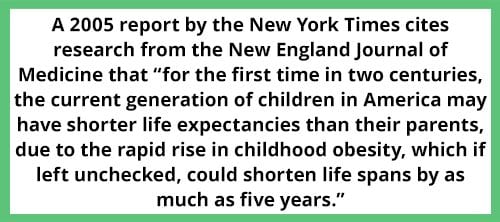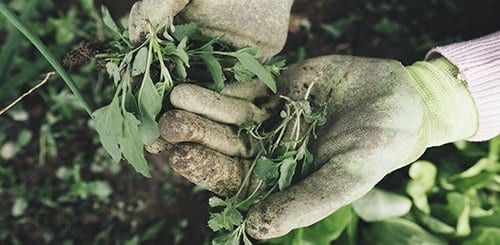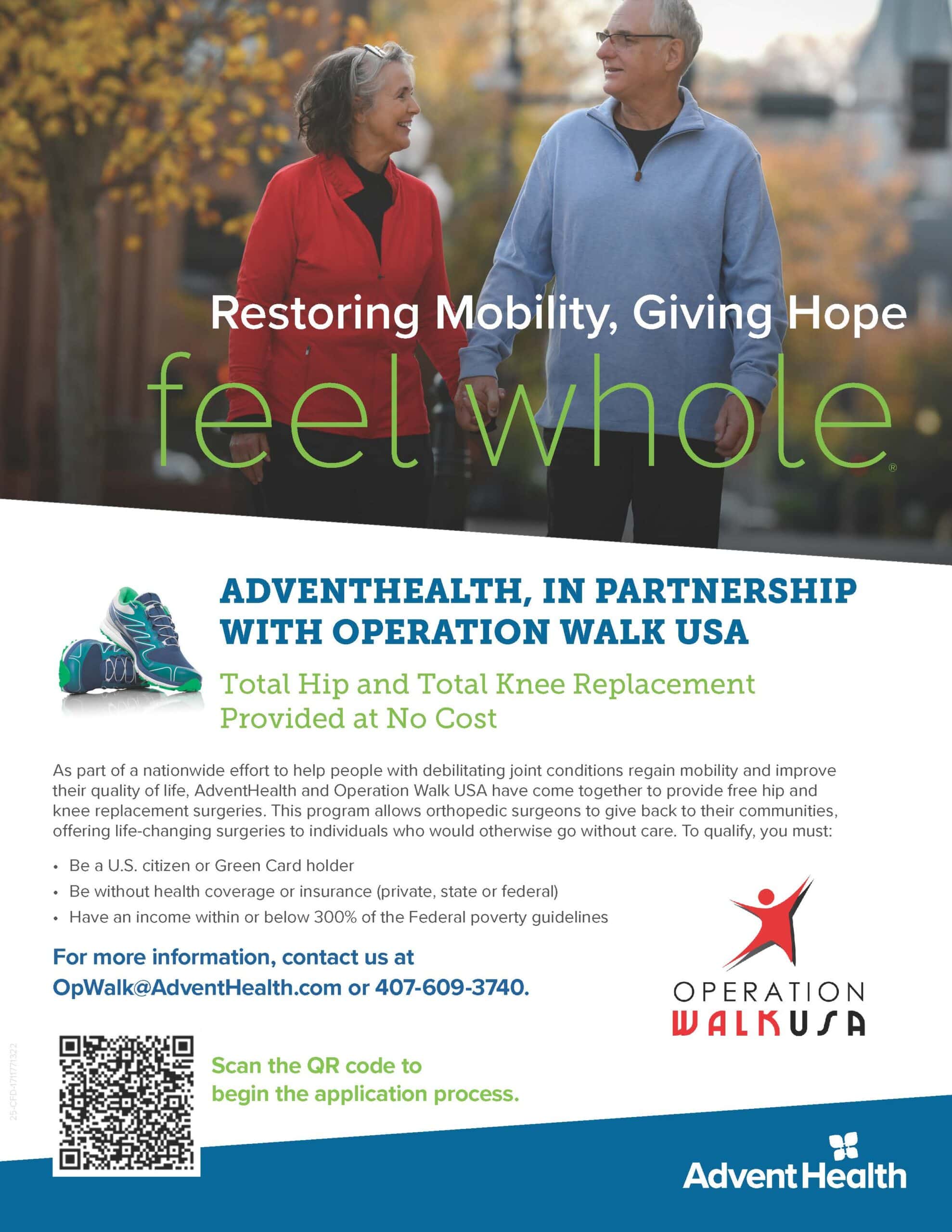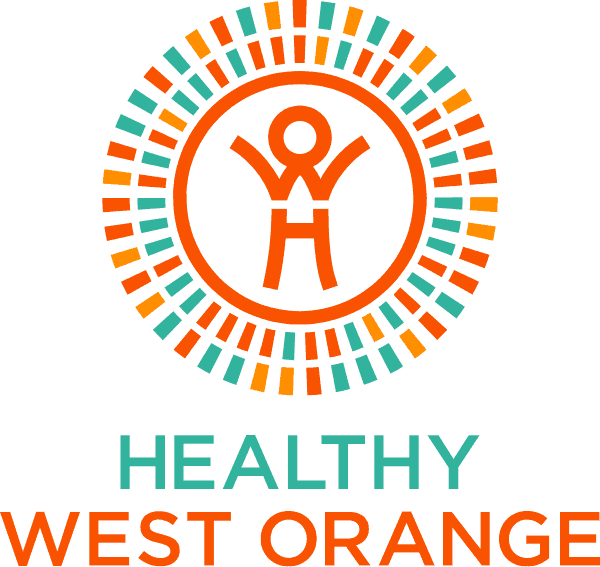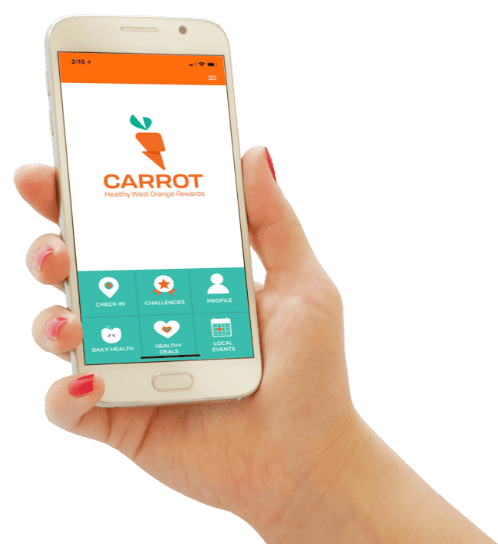The Benefits of Gardening

The Benefits of Gardening in Public Schools
By: Holly Vanture
“Tell me and I’ll forget. Teach me and I remember. Involve me and I learn.” –Benjamin Franklin
We all remember memorizing the multiplication tables in school, writing book reports, practicing for the weekly spelling test, but do any of us remember gardening in elementary school?
The West Orange School Learning Garden Program is involving students in an imaginative and fruitful program that uses Ben Franklin’s philosophy to teach many subjects. It involves students in gardening that is proving to be an innovative adult-supervised, student-led learning experience.
In today’s society, few students have grown fruits and vegetables. When asked to identify where fruits and vegetables come from, too many students say “the grocery store,” without giving more thought as to where they really come from.
Over the last 20-plus years, many of our public schools have incorporated edible learning gardens as a place for students to learn subjects that encompass several academic disciplines. In the case of learning gardens, this includes science, math, health, ecology, history, nutrition, social science, and the visual arts.
Leaving the classroom, digging in the soil, observing the growing seasons, harvesting crops and eating the “fruits” of their labors has provided students with a unique learning environment. The great benefit of this learning environment, according to CDC research, is a clear and strong connection of the link between school gardens and improved behavioral and physical health, and academic achievement.
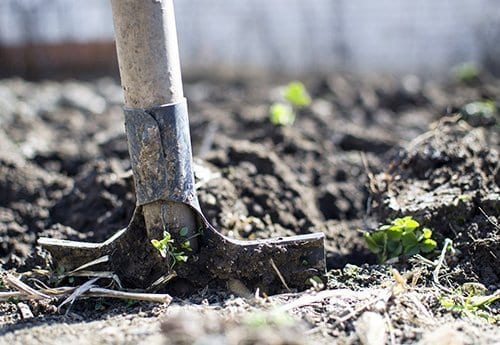
In several of our West Orange Public Elementary Schools, students are learning in outside environments, planting, growing, harvesting and eating fruits and vegetables. They are going home and sharing their experiences and their new taste preferences, becoming “change agents” to positively influence family decisions on healthy foods to purchase and eat, and possibly grow.
Additional personal growth includes:
- Increased ability to identify fruits and vegetables;
- Willingness to taste vegetables grown in the garden;
- Willingness to try vegetables in the school lunch; and
- Increased knowledge of and attitudes towards eating fruits and vegetables.
Students involved in the edible learning gardens program enjoy the fascination of watching a seed become a plant; seeing a plant flower prior to becoming a fruit; finding out how some vegetables grow underground; learning that some insects are helpful while others are harmful to plants; and seeing and learning how our weather can ruin a crop through lack of rain or an unexpected cold spell.
Growing Young Minds!
Curiosity and wonder grow in children, but the benefits of these gardens can only thrive when everyone participates. This not only means students and parents, but volunteers and the community. Join us for future inspirational posts on HWO-funded resources educating the community on healthy choices.

About the Author
As the Liaison for the West Orange Health & Learning Garden Program, Holly Vanture has more than twenty years of progressive project and management experience with proven ability to develop public partnerships that cultivate relationships and build programs. Holly has a passion for working with schools and foundations throughout Central Florida and has established many successful initiatives in the process.


